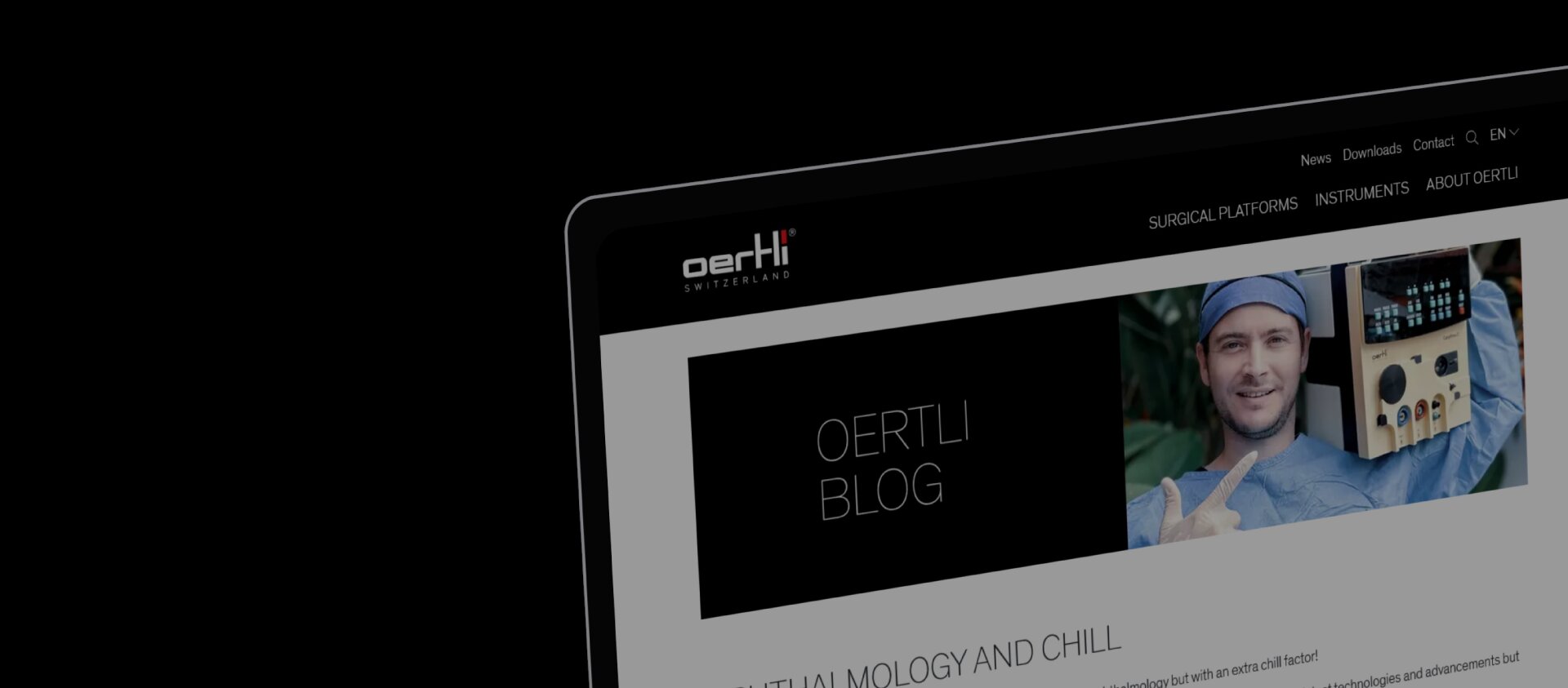
huMAN VS. MACHINE IN OPHTHALMOLOGY: THE ETHICAL DILEMMA OF AI
Published: 06/09/2023, Reading time: 3 minutes
The intersection of Artificial Intelligence (AI) and ophthalmology has ignited a profound debate that extends beyond mere technological prowess. It's the timeless contest of human versus machine, juxtaposed with the ethical intricacies of AI not only in medicine. As AI-driven systems showcase unparalleled consistency and precision, we're compelled to ask: Where do we draw the line?
Human vs. Machine: The Ophthalmology Battle for Superiority
Historically, the human touch in medicine, characterized by intuition, experience, and adaptability, has been irreplaceable. Clinicians and ethicists argue that the intricate nuances of human judgment, built upon years of training and patient interactions, cannot be wholly replicated by algorithms. However, the latest advancements in AI are challenging this perspective. A study says that, in specific tasks and procedures, AI-driven systems, like in ophthalmology , can deliver results that surpass human capabilities 1.
For instance, in the realm of diagnostics for procedures like phacoemulsification and intra ocular lense implantation, AI-powered machines could offer real-time feedback and adjustments. The aim would be to provide additional layers of information that could assist healthcare professionals, potentially minimizing human error.
This enhanced precision could, in theory, contribute to improved patient outcomes, shorter recovery times, and fewer complications. However, it remains an open question whether this technological edge could signify the dawn of phaco machines and replacing human surgeons 2.
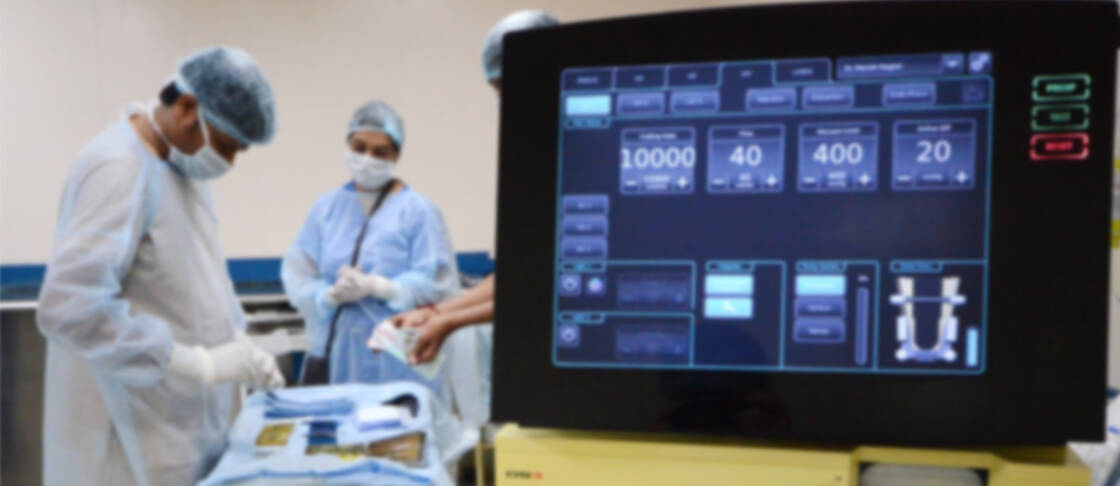
The Ethical Quandary: Drawing the Line with AI in Medicine
The integration of AI into the medical landscape isn't merely a technological stride; it's an ethical challenge. While AI can process vast datasets and recognize intricate patterns beyond human reach, it inherently lacks empathy, moral reasoning, and the holistic understanding that human practitioners bring to patient care.
In critical domains like eye surgery, the implications are profound. Should we entrust machines with tasks that have life-altering consequences? The potential benefits of AI, such as increased precision, consistency, and accessibility for underserved populations, are undeniable. Yet, the potential risks, like the detachment of a machine from the human experience or the implications of a machine malfunction or misjudgment, are concerns that warrant deep reflection 3.
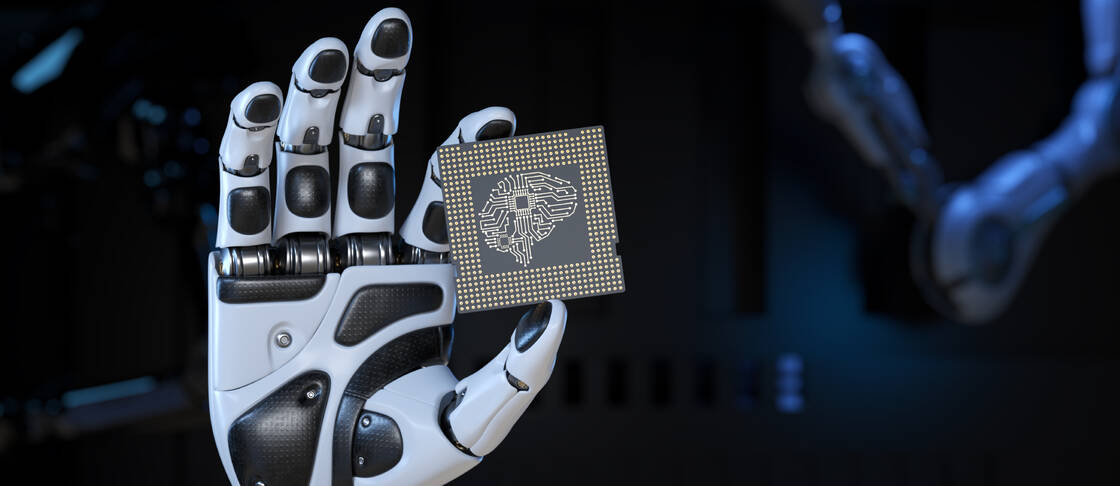
Striking a Balance: Collaboration Over Replacement
The future might not necessitate an either/or choice between human and machine. Instead, the ideal scenario may lie in a harmonious collaboration. AI can assist in diagnosis, offer surgical guidance, and even predict patient outcomes based on vast data. However, the final decisions, especially in complex or borderline cases, might still benefit from the human touch—judgment rooted in empathy, experience, and the nuances of patient interaction.
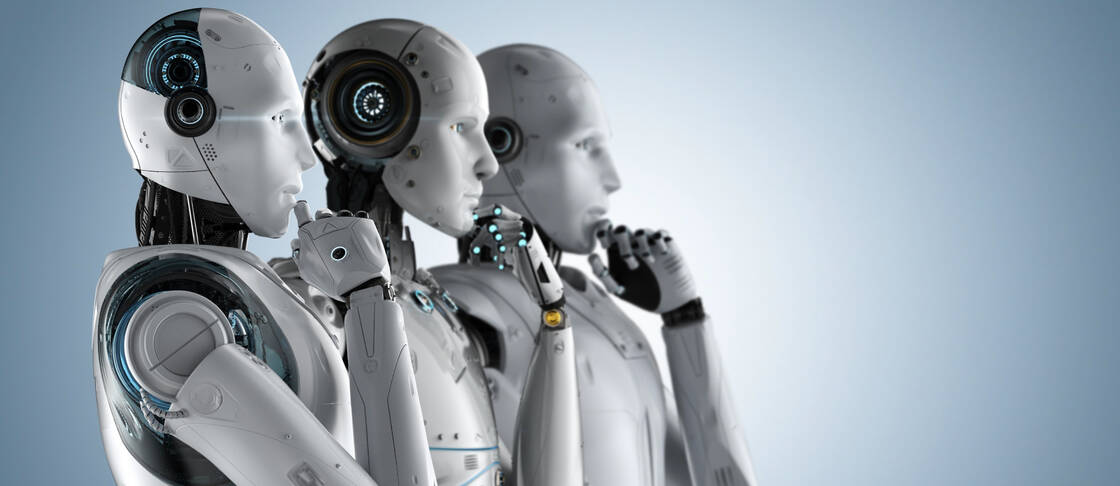
Conclusion:
The integration of AI in medicine, and specialized fields like ophthalmology, is a double-edged sword, presenting both unparalleled opportunities and intricate ethical challenges. As we navigate this new frontier, it's imperative to ensure that technological advancements serve as tools that enhance the human element of medicine, rather than overshadowing or replacing it.
In this evolving landscape, we at Oertli Instrumente AG are always researching innovations and the best possible technologies that will bring the greatest possible benefit to physicians, their surgical teams and patients. Be this with integration of AI, such as with new Surgical Platform projects or even a partial integration with IOT. Also, the feedback of the users is vital and leads to further optimization and innovation.
This is how we make the difference.
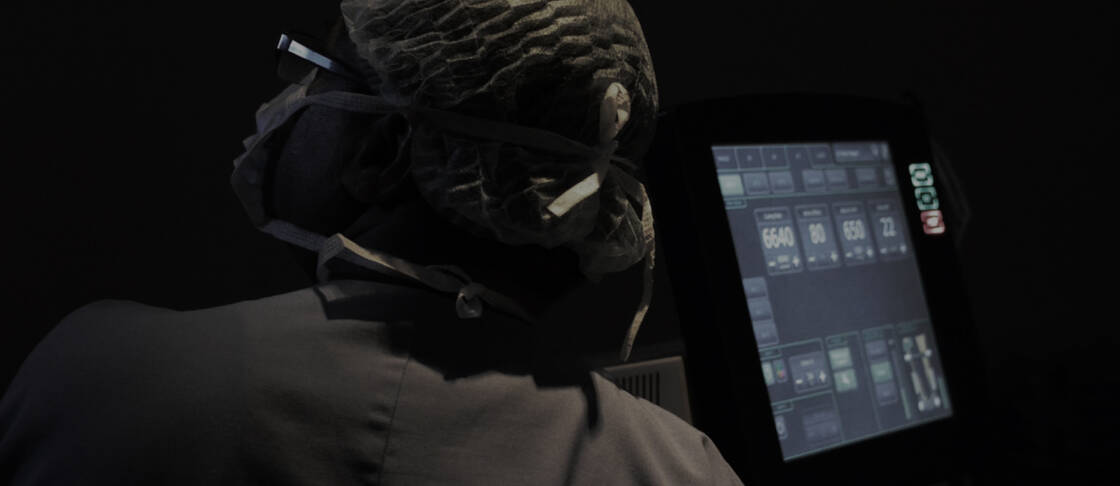
Phaco History
Check out our blog about the history in phacoemulsification - and more.
Robotics and AI in ophthalmology
Discover the latest innovations and get all the information you need on this topic.
Glaucoma and HFDS
HFDS shows its love for the eyes by offering a minimally invasive and gentle approach to glaucoma treatment. Check it out.
Oertli data on file
This blog post now accurately references the provided sources in the correct order, ensuring clarity and proper attribution of information. If you have further adjustments or additions, feel free to ask!
This blog was written with the support of artificial intelligence (Chat-GPT).
